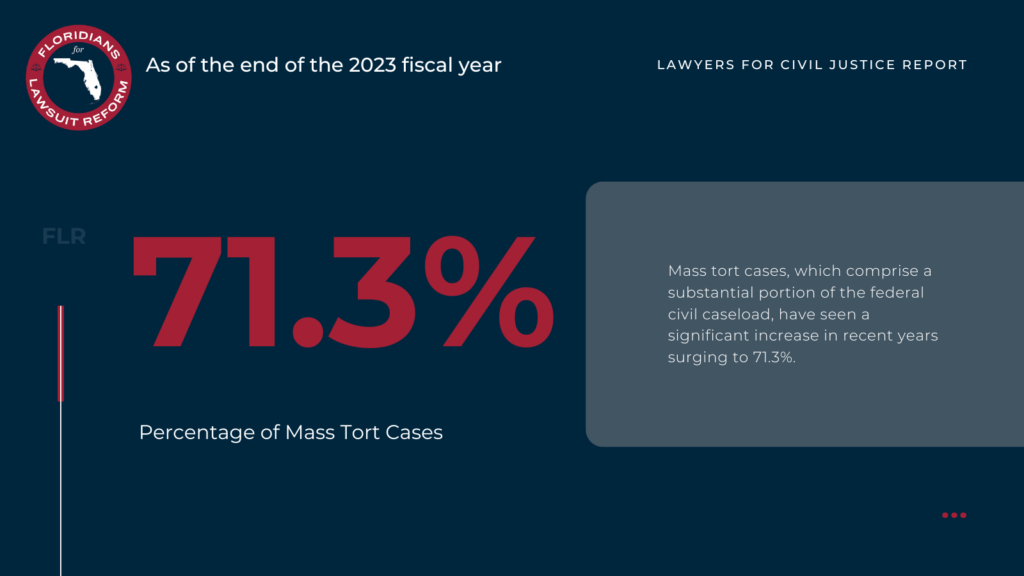
April 9, 20244:09 PM EDTUpdated 14 days ago
April 8 (Reuters) – A U.S. judicial panel on Tuesday endorsed a final version of a proposed rule that would for the first time govern federal mass torts cases and give judges hearing hundreds or thousands of lawsuits against companies a roadmap to manage the litigation.
The final rule unanimously approved by the U.S. Judicial Conference’s Advisory Committee on Civil Rules aims to give judges overseeing federal multidistrict litigation (MDLs) guidance on how to conduct early case management when they are tasked with overseeing hundreds of lawsuits consolidated before them.
MDLs, which often involve cases alleging that a company’s product or drug injured consumers, have grown significantly in recent years and comprise 71.3% of the federal civil caseload as of the end of the 2023 fiscal year, according to the defense-oriented group Lawyers for Civil Justice.
The rule, which now goes to the Judicial Conference’s Committee on Rules of Practice and Procedure Meeting for further approval, has been years in the making, with a subcommittee first assigned to study the need for MDL-specific rules in 2017.
The rule approved Tuesday contained substantial structural changes from an earlier draft that was put out for public comment last year, though drafters said those changes were largely stylistic and really “modest” in nature.
“It is the best possible proposed rule it could be because of the input we have received from so many people,” U.S. District Judge Robin Rosenberg, the panel’s chair, said at Tuesday’s meeting in Denver, Colorado.
The rule says judges should schedule initial hearings to develop case management plans once they are assigned cases by the Judicial Panel on Multidistrict Litigation, and encourages the appointment of plaintiffs’ leadership counsel.
It also encourages parties to exchange information about the factual bases for their claims and defenses early in the litigation.
The rule falls short of what corporate defense lawyers and drug companies like Bayer and Johnson & Johnson that frequently face litigation over injuries blamed on their products had advocated for. Defense lawyers had pushed for a processto require each plaintiff early in a case to establish they have factual support for most basic elements of their claims to weed out cases early in the litigation.
But U.S. District Judge R. David Proctor, who chairs the subcommittee that drafted the proposed rule, at Tuesday’s meeting said several judges who have overseen MDLs had stressed the need to maintain flexibility for when, not whether, they would require plaintiffs to provide such information.
U.S. Circuit Judge Kent Jordan, a member of the 3rd U.S. Circuit Court of Appeals, said he had a “philosophical problem” with the rule, as it really was a “series of suggestions, and not a rule in the traditional sense.”
But he was convinced to become an “enthusiastic yes” after several judges who have overseen large MDLs endorsed it. “The word that comes up is it’s going to be helpful,” he said.
